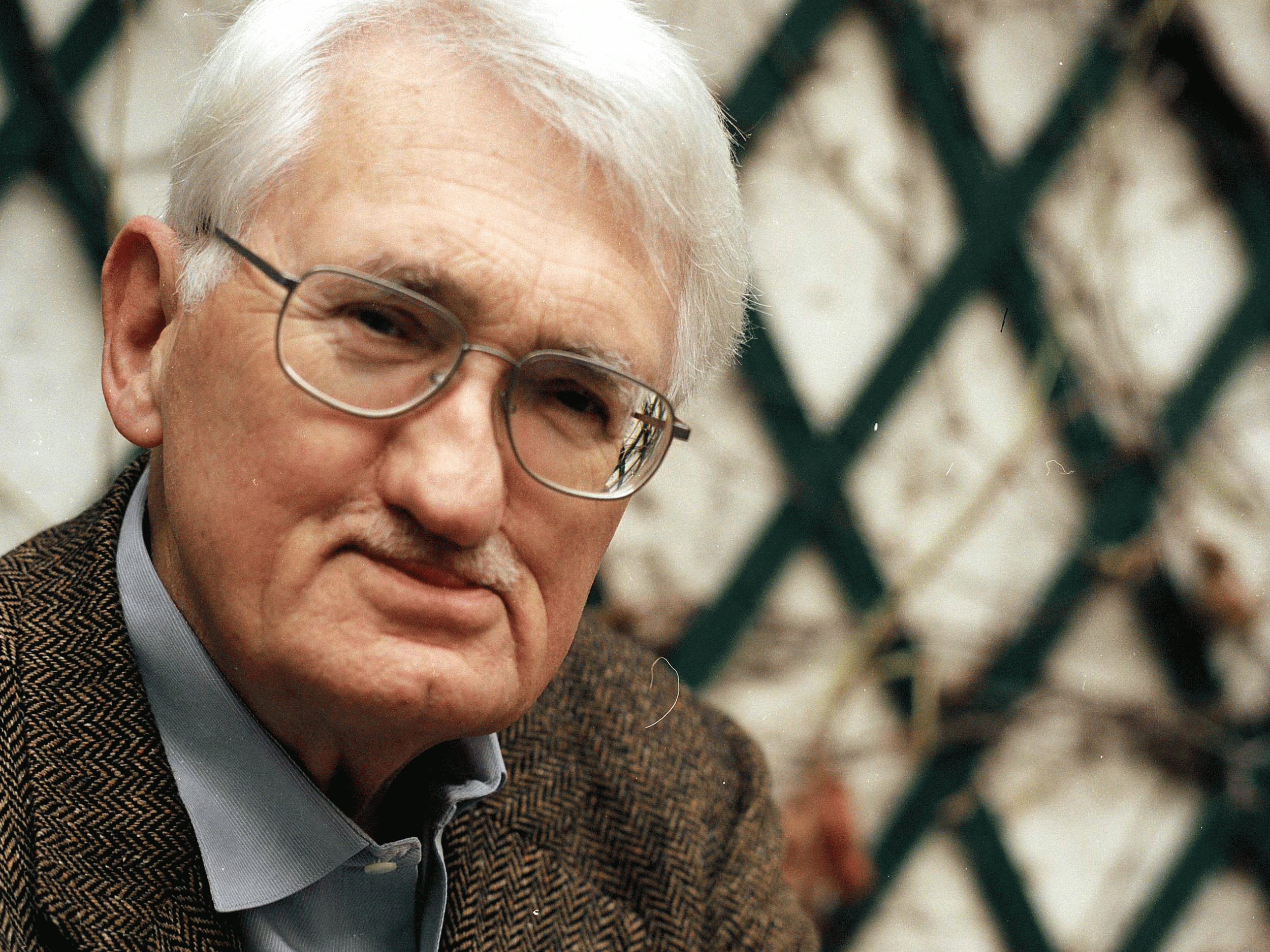Rise of right-wing populist threat in Europe can only be tackled by greater EU co-operation, says German philosopher
German domination 'provokes resentment' in the Eurozone, says professor

One of the world's most respected intellectuals has warned that right-wing populism in the European Union will continue to grow unless there is a "deepening of European co-operation."
Jürgen Habermas, a German philosopher and sociologist famed for his work on modernity, said right-wing populist groups, such as the Sweden Democrats, Five Star Movement in Italy, National Front in France, the Danish People's Party and Ukip, will continue to grow in Europe unless equality is achieved between EU member states.
And while EU officials are cautious about appearing too meddling, Mr Habermas said only real integration between the remaining EU countries could achieve that.
The currently unequal levels of involvement increase the perception of Germany as being charge of everyone else, he warned.
"Germany is a reluctant, but insensitive and incapable dominator, that both uses and ignores the disturbed European balance of power," he told Die Zeit.
"This provokes resentments, especially in other Eurozone countries."
His comments come after the Brexit vote was hailed by Marine Le Pen, of the anti-EU National Front party in France, as "the beginning of the end of the European Union."
Brexit had been won on the back of "identity questions" in the UK that were fuelled by a feeling it was no longer a great power, said Professor Habemas.
But he said that did not mean the EU should lose confidence and stop trying to offer a powerful and compelling narrative for its member states.
Trying to win over right-wing Eurosceptic supporters by promising "no more grand visions" would not work, he said.
Instead, "only a properly functioning core Europe can convince the presently polarised populations of all member states that the project makes sense," said the author of The Structural Transformation of the Public Sphere.
He added that this "core Europe" was currently France and Germany, but should include more and more member states in a "deepening" of relations between countries.
"As long as this undemocratic and faulty structure is not got rid of you can hardly be surprised by anti-European smear campaigns," he said.
"The only way to get democracy in Europe is through a deepening of European co-operation."
Britain voted 51.9 per cent to leave the campaign against 48.1 per cent to stay.
Cities, the young, the better educated and Scotland were largely more pro-European than those in rural, less educated and less multicultural areas.
Join our commenting forum
Join thought-provoking conversations, follow other Independent readers and see their replies
Comments